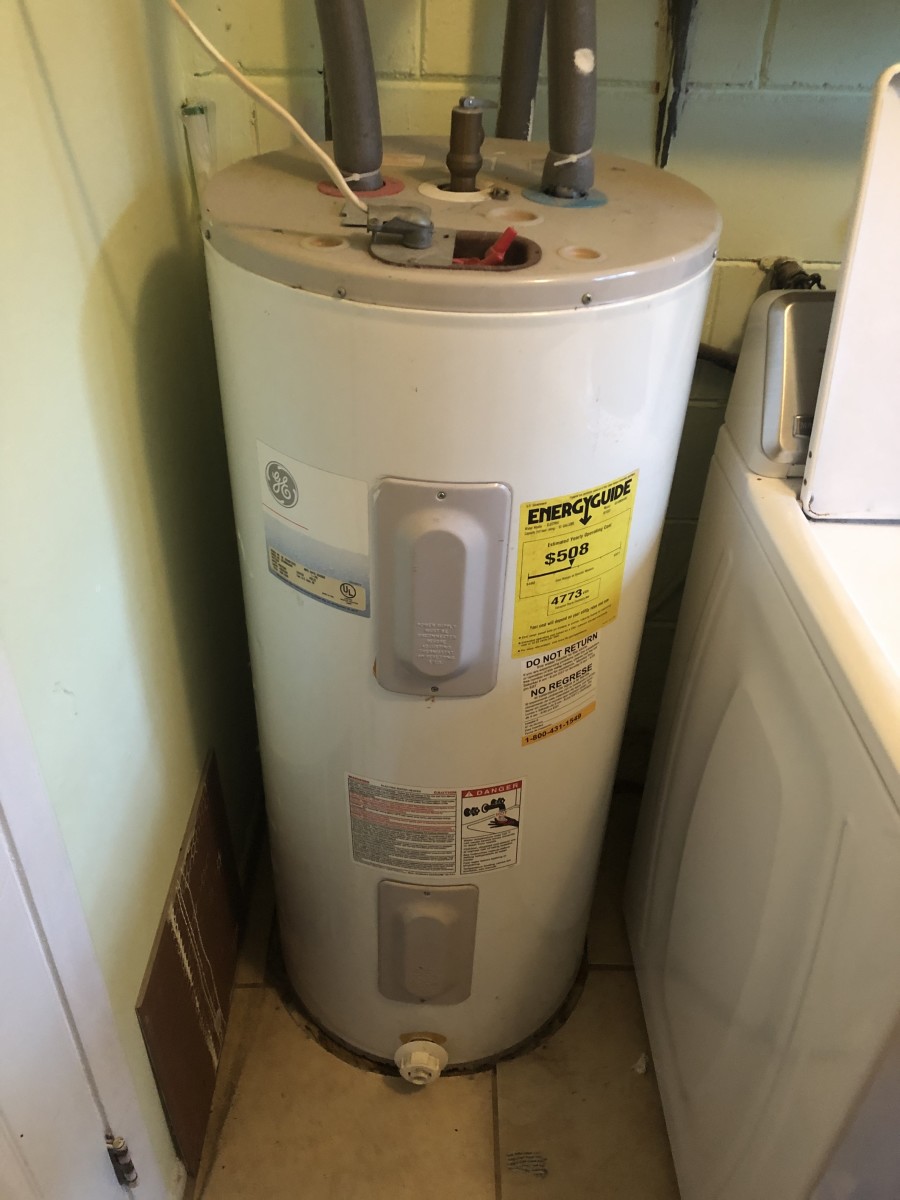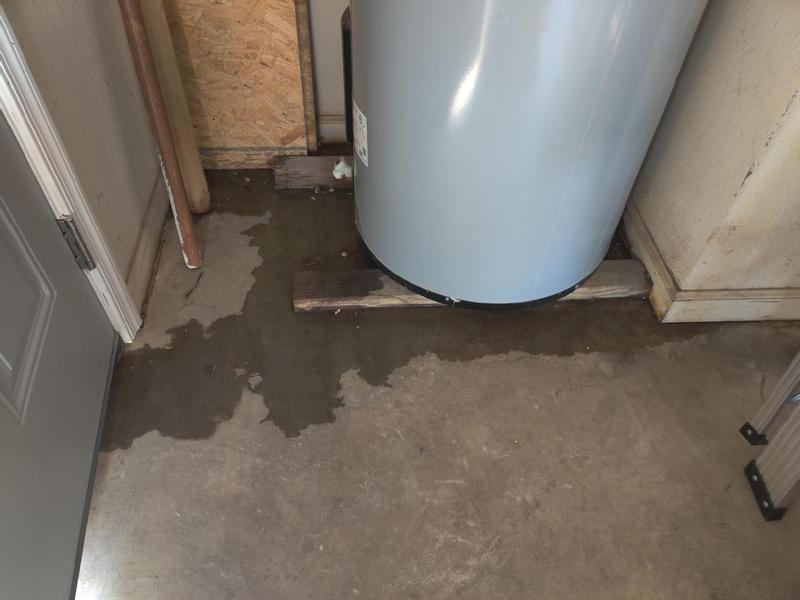Everybody will have his or her own thinking when it comes to Water Heater Repair.

Whether it is located in the basement or a different area, damaged water heating units can cause stress. Having no warm water supply is likewise troublesome.
Call the Plumber
After doing the first 2 safety actions, you must call your plumber to find right away to fix a fractured hot water heater. However, bear in mind that your unit will certainly not just collapse considerably overnight. There are generally signs that your aging water heater has sediment accumulation in the interior. Make note of the following:
Don't wait for significant flooding to call the plumber. By then, you will certainly need to spend even more to restore your home. Rather, as quickly as you spot these indicators, have a specialist pertained to inspect your hot water heater tank. Generally, water heaters have a lifespan of about 8 to 12 years. With regular evaluation as well as maintenance, you can extend its life.
Cut Off the Cold Water Supply
Cut off the containers tap water supply from the resource. This goes from your main water line into the storage tank. When your container is in good condition, the cold water quits filling up when the storage tank is full. But since it is dripping, the water will certainly continue to move. Shut the shutoff located at the top of the heating unit. Revolve this clockwise to close it off. If you can not locate it or reach it, you have to switch off that major water line outside your residential or commercial property.
Shut Off Source Of Power
Before calling the plumber, closed off a gas water heating system by turning the temperature dial. This will protect against electrocution, specifically if there is a leakage as water is a conductor. Typically, the heating aspect shuts off when the water strikes a certain temperature level.
Tidy up Building
After calling the plumber, document damage by taking notes as well as photos so you can assert your property owner's insurance coverage. Remove any kind of standing water to protect against mold and mildew and also mildew development. If you have a submersible water pump, make use of that to drain pipes the water.
Bear in mind, if you discover any kind of issues with your water heating unit, call the pros right away. You can not take this problem gently since a defective thermostat can elevate water temperature to an alarmingly high degree, leading to accidental burns.
After doing the first two safety and security steps, you should call your plumber to come right away to fix a burst water heater. Rather, as soon as you find these indications, have actually a specialist come to examine your water heating unit container. Prior to calling the plumber, shut off a gas water heating unit by transforming the temperature level dial. If you have a submersible water pump, use that to drain the water. Remember, if you see any kind of concerns with your water heating unit, call the pros right away.
Is My Water Heater Broken?
The Water Heater is Old
No appliance will last forever. This includes a home’s water heater. During its lifespan, residents are going to face a situation where a new water heater installation will be necessary. The biggest problem with this is that most people are not sure when their water heater expires. Not knowing this can lead to serious risks if the unit begins to act up due to old age.
Most makes and models of water heaters will last between eight and 10 years. While 10 years is the age when water heater replacement is highly recommended, the need to replace the unit may occur before this time or after. If the unit doesn’t show any symptoms of a problem, it is a good idea to replace it at the 10-year mark (from the manufacture date).
Some of the symptoms that indicate a new unit is needed include rusting, leaks, noises, and a failure to heat up the water. Also, note that not all units have a 10-year life expectancy. The main exception to this rule is that a gas unit will last for six to eight years.
Rusty Heater Inlet Valve or Water
While steel is the strongest material on earth, it does have a weakness – rust. If corrosion occurs on a steel surface, it will begin to spread and eat through the steel in certain areas. On water tanks and pipes that are made of steel, rust is a warning sign of an impending leak.
The issue for many is trying to figure out if the rust is coming from the water heater or the pipes that lead to the faucet. If rust is seen, it is a clear indication that water heater service from the professionals is needed.
If rusty water appears out of the faucets in the bathtub or sink, it likely means a rusty water heater. If there is rust near the water inlet or the pressure relief valve, rust has likely developed inside the tank. If tap water appears rusty, it may be an issue with the pipes.
Strange Sounds from the Water Heater
Are there strange sounds coming from the tank? As a water heater gets older, rumbling noises may develop and get louder and louder as the water in the tank heats up. In homes where large amounts of hot water are used, the issue is likely going to be even more obvious when more serious issues arise. If there is a strange or loud noise coming from the unit, it is probably because of sediment buildup. A good way to remedy this problem is by flushing the heater. If this does not work, then a new unit may need to be installed.
Leaks
As a water heater gets closer to the end of its useful life, there is a higher chance there will be water around the tank. If there is water, this usually means leaks are occurring. Based on where the unit is located in the home, a leak may result in serious property damage.
Leaks are usually caused by expansions in the metal tank. The expansions occur as time passes and as the inside body of the tank is exposed to multiple heating cycles per day. When a fracture forms, the gap will be slight enough to hold the water in; however, in more serious situations, this will not be the case. If the tank is idle, the water will not leak but when the metal expands during each heating system, small amounts of water will get through the gap.

I stumbled upon that blog post about How to Avoid a Broken Hot Water Heater when doing a lookup on the internet. Those who appreciated our blog posting if you please make sure you remember to pass it around. We enjoy reading our article about What Do You Do When Your Water Heater Bursts?.
Address all plumbing emergencies here.